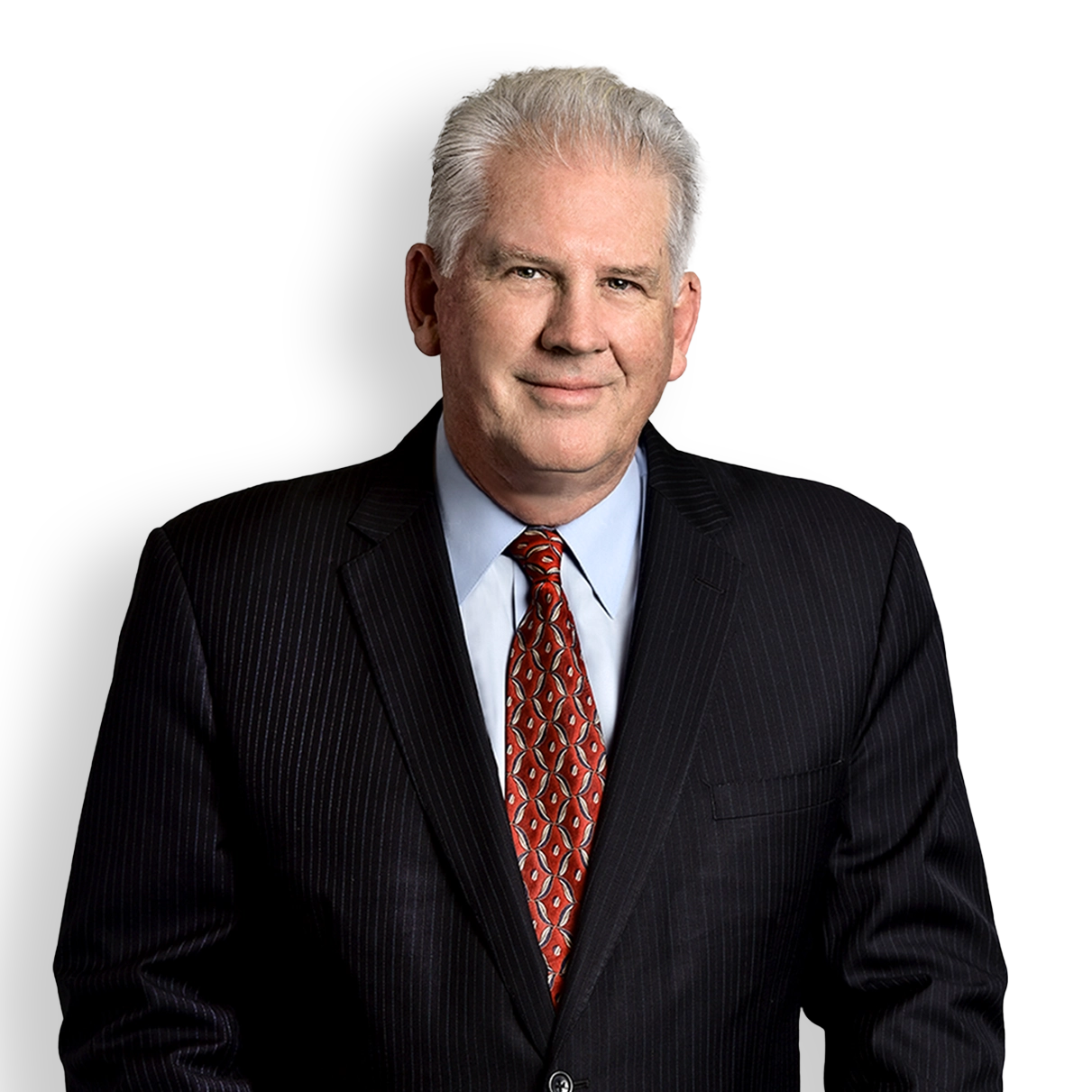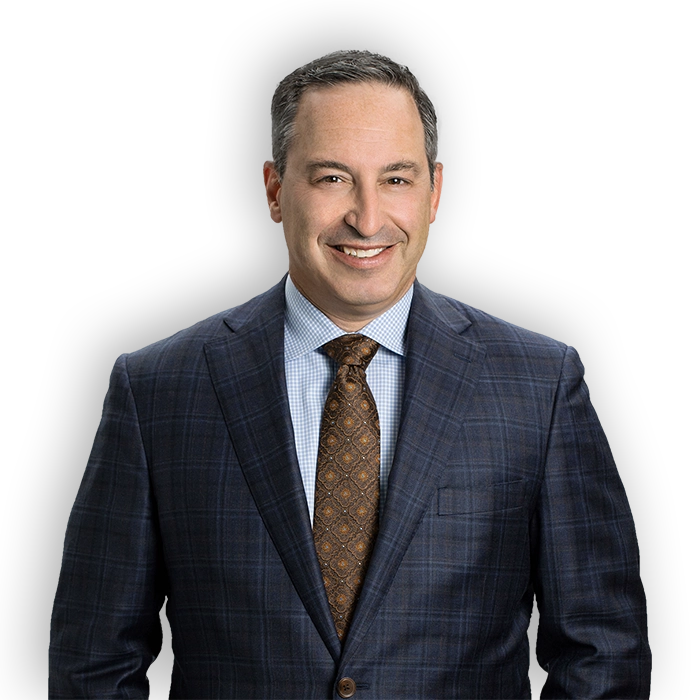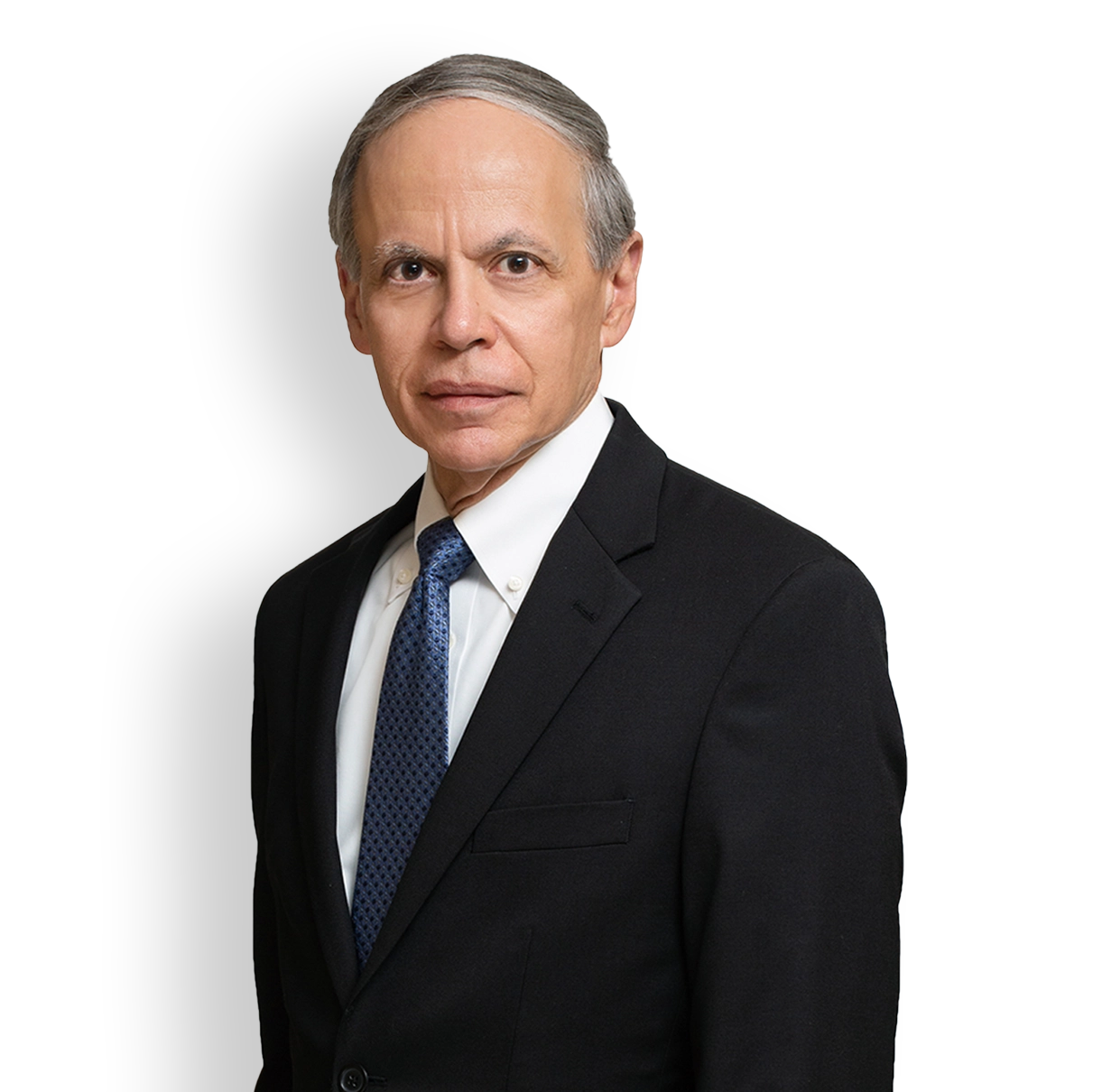Survey Reveals Expectations of Sweeping Changes Coming to U.S. Health Care in the Next Two Years

Washington, DC — Health care executives from across the country believe that extensive changes are coming to U.S. health care in the coming years—maybe even the next two. That’s according to a new survey by national law firm Hooper, Lundy & Bookman, P.C., released in concert with its inaugural National Symposium on Health Law and Policy.
The 2019 Health Law & Policy Report was completed by 222 health care executives from across the United States. Respondent titles ranged from Chief Executive Officer to Manager, and respondents represented a wide variety of organizations.
“We wanted to bolster the conversation at the Symposium data about the state of the health care industry,” Robert W. Lundy, Jr., Chairman of Hooper, Lundy & Bookman, said. “Therefore, we conducted a study that would uncover current attitudes of health care providers and suppliers. We fielded the survey after the midterm elections and after a decision by a federal judge in Texas to strike down the Affordable Care Act. What we didn’t anticipate was for respondents to tell us that they expect significant changes in health care reform within the next two years, but it appears we’ve reached a tipping point.”
Questioned about possible changes at the state level, Medicaid expansion with exceptions (e.g., work requirements) garnered the highest concentration of selections (43 percent), ahead of Medicaid expansion (36 percent). While nearly three fourths expect major changes in federal health care reform by the end of the decade, respondents remain divided on what these changes might be, with additional value-based payment models (40 percent), Medicaid expansion with exceptions (33 percent), “executive repeal” (30 percent) and Medicaid expansion (26 percent) making up the top four selections. Notably, no significant percentage predicted Medicare-for-All or universal health care coverage would be enacted.
The survey also found that respondents are closely watching the consequences of the country’s opioid crisis. More than two thirds said last year’s passage of HR 6, which targets substance abuse and opioid recovery, presents a challenge in serving patients with chronic pain, while a quarter expect the bill to add difficulty to telemedicine prescription regulations.
“We have a system that is a bit of a Jekyll and Hyde, in that you’ll undergo enforcement if you don’t manage someone’s pain, but at the same time you can be accused of being so profligate with pain medications – opioids – that you fear repercussions from that,” said Mark Reagan, Managing Shareholder of Hooper, Lundy & Bookman. “That’s happening everywhere.”
Additional highlights:
- Prescription drug pricing will be a primary focus at both the federal and state levels for the remainder of President Trump’s first term, as nearly four in five participants (79 percent) said efforts to control prescription drug pricing will significantly impact the market over the next two years.
- Universal insurance coverage (41 percent) was the option seen as most necessary among possible methods of cutting health care costs. However, one executive noted that universal coverage has vastly different meanings to the U.S. population. This is underscored by survey results around payment innovations in managed care, where respondents selected new plans and coverage options as the most impactful development to be expected over the next two years.
- Despite hype around telemedicine, respondents were more bullish about other patient “high touch” opportunities. Increased reliance on allied health professionals (such as nurses and physician assistants) led the pack at 45 percent. Telemedicine was selected by less than a quarter (23 percent), and respondents pointed to regulatory barriers (74 percent) as an impediment to its growth.
For more information, download the complete 2019 Health Law & Policy Report.
View Survey Media Coverage: FierceHealthcare







